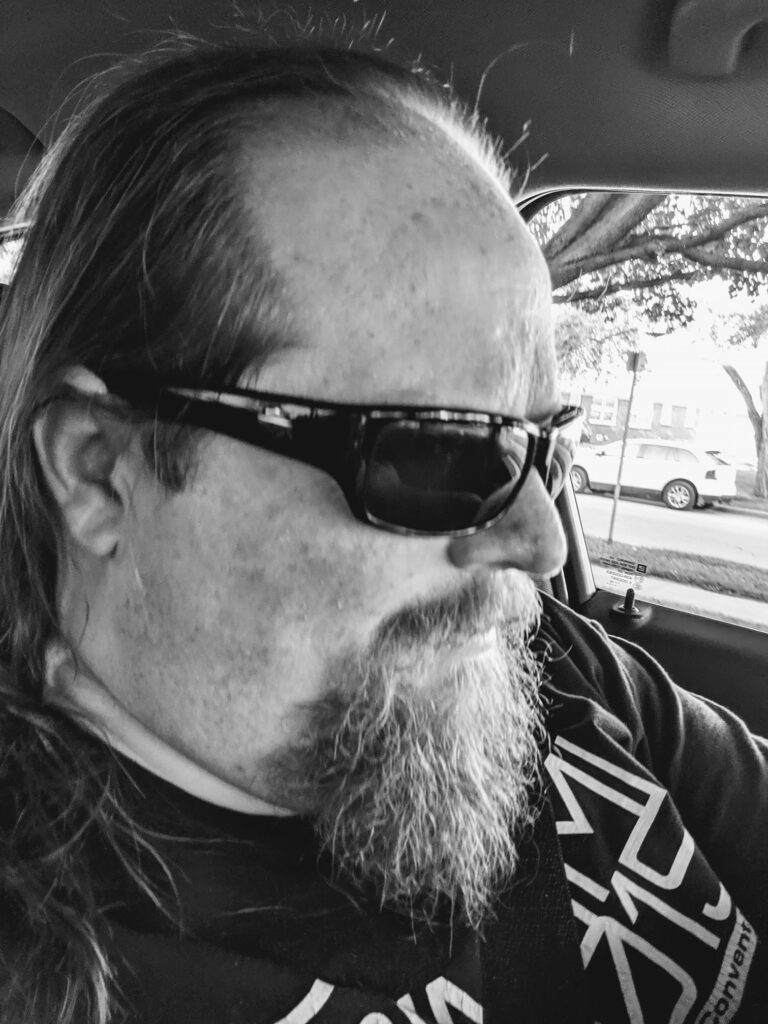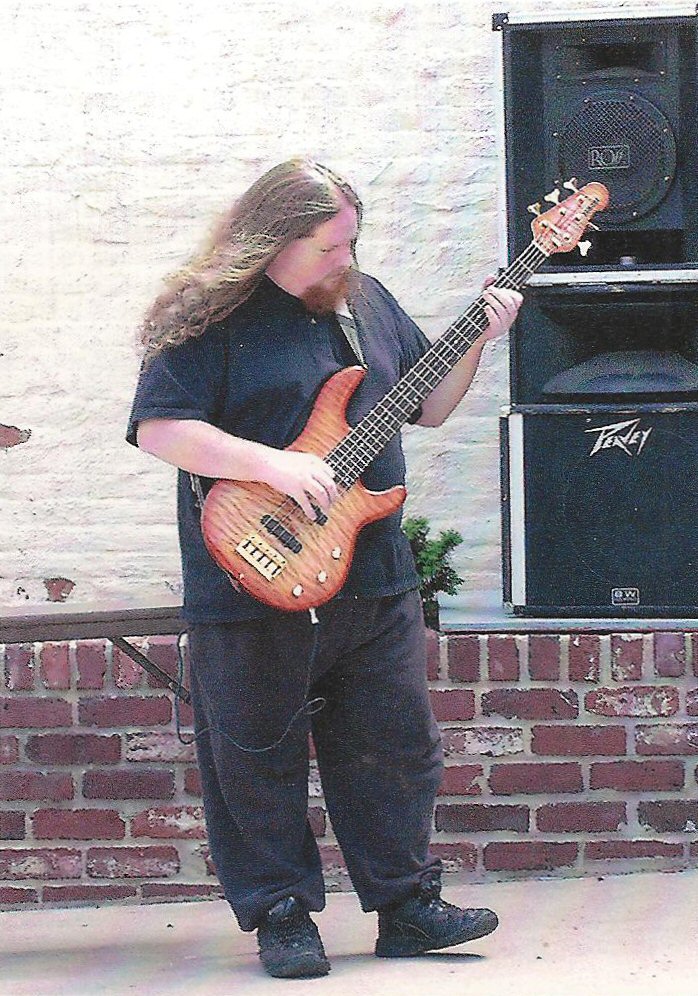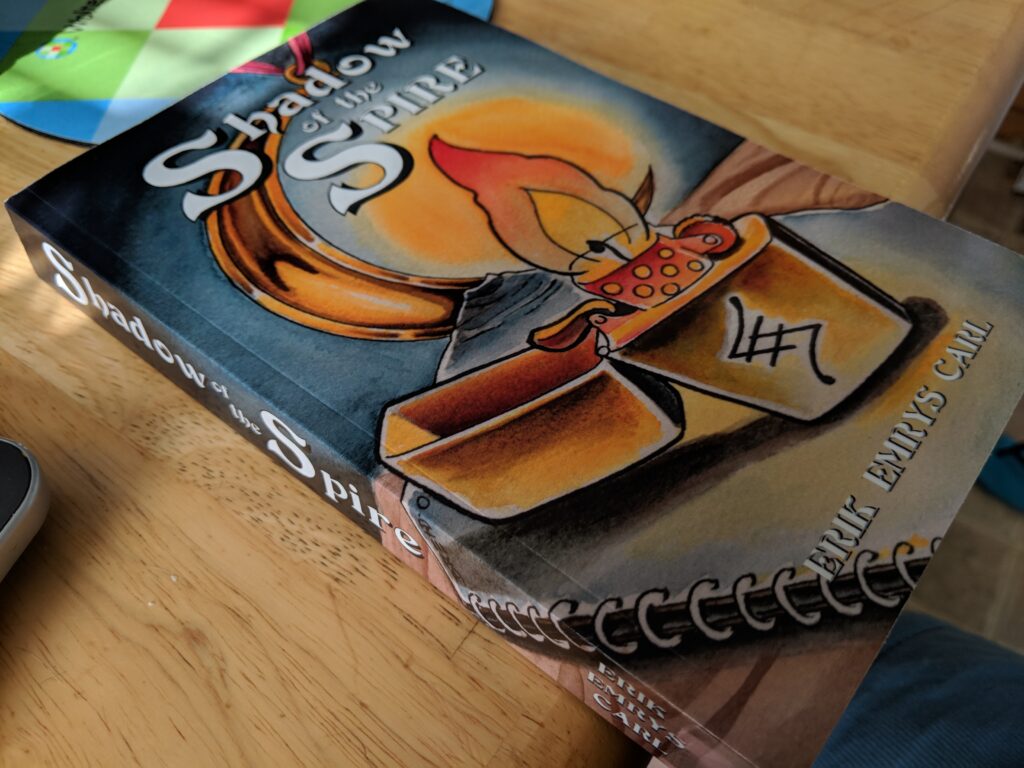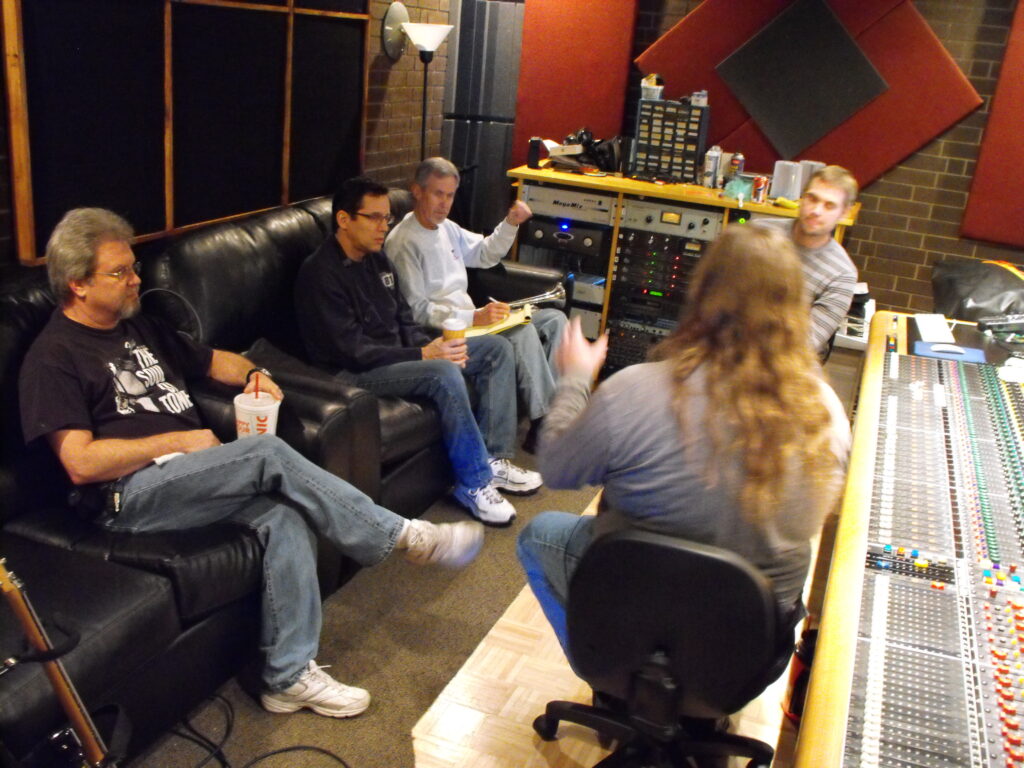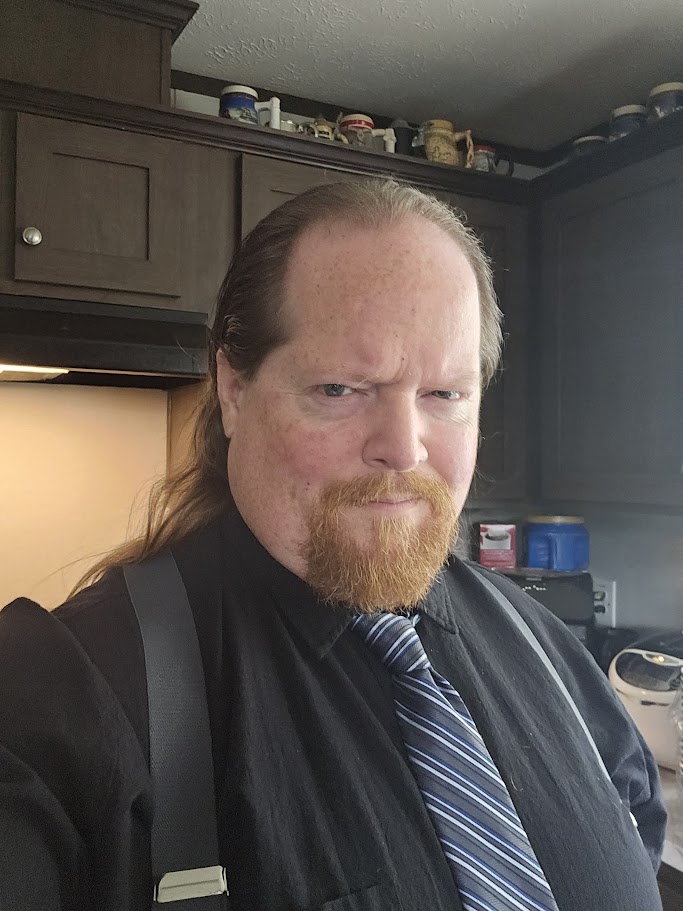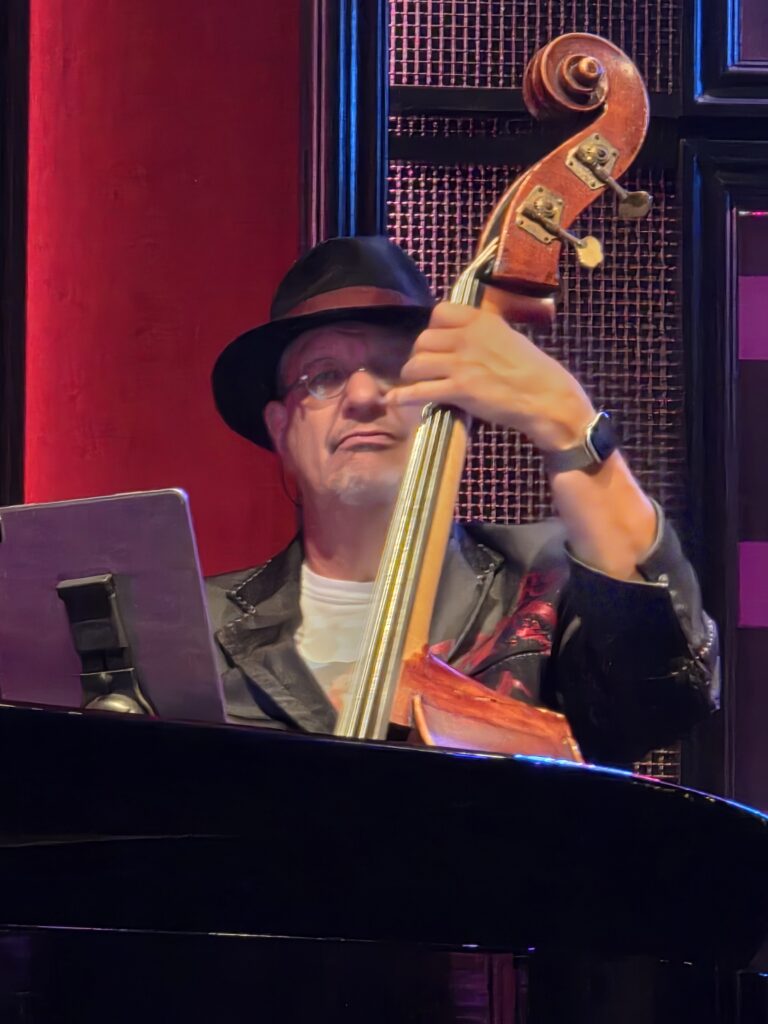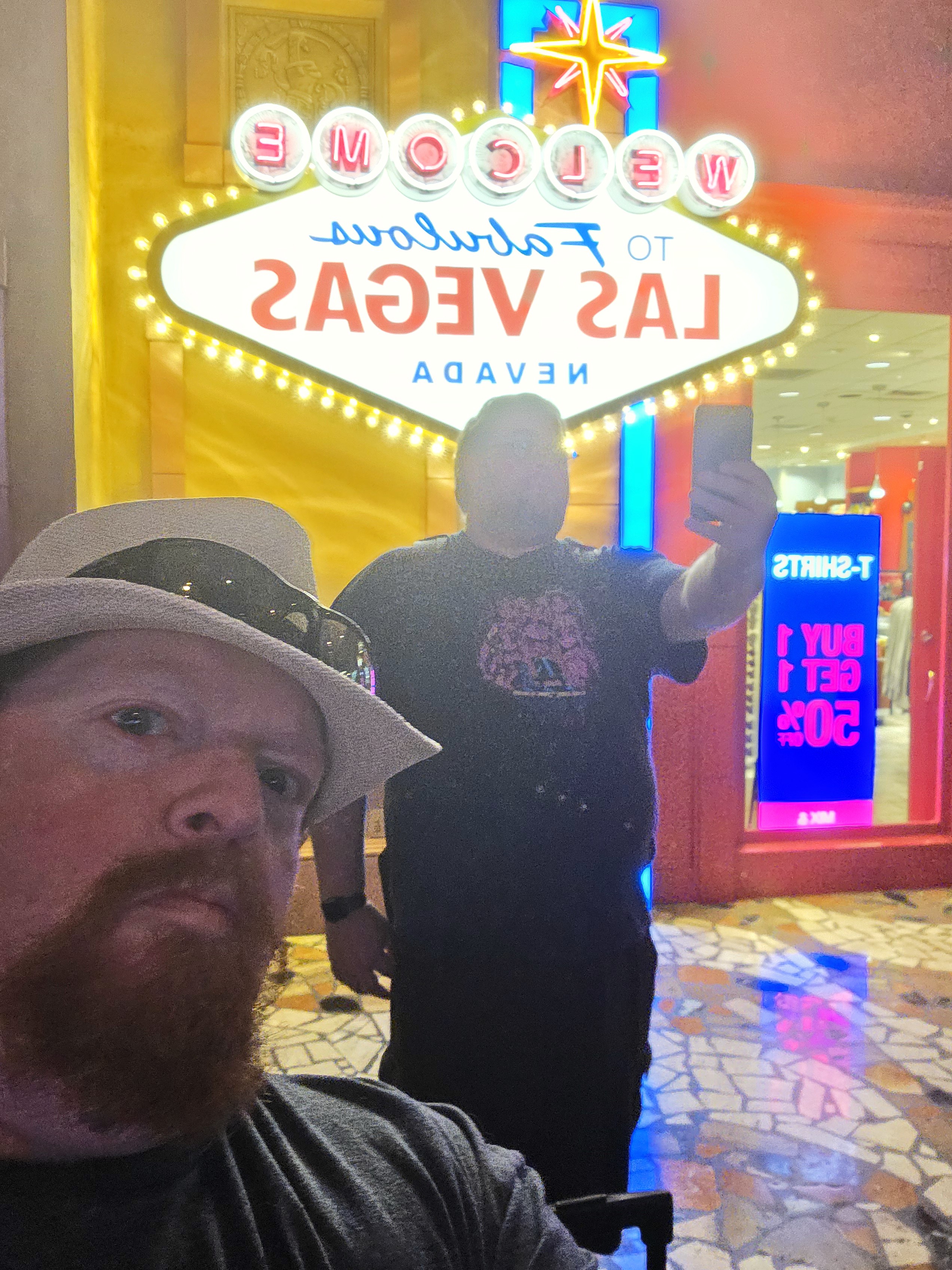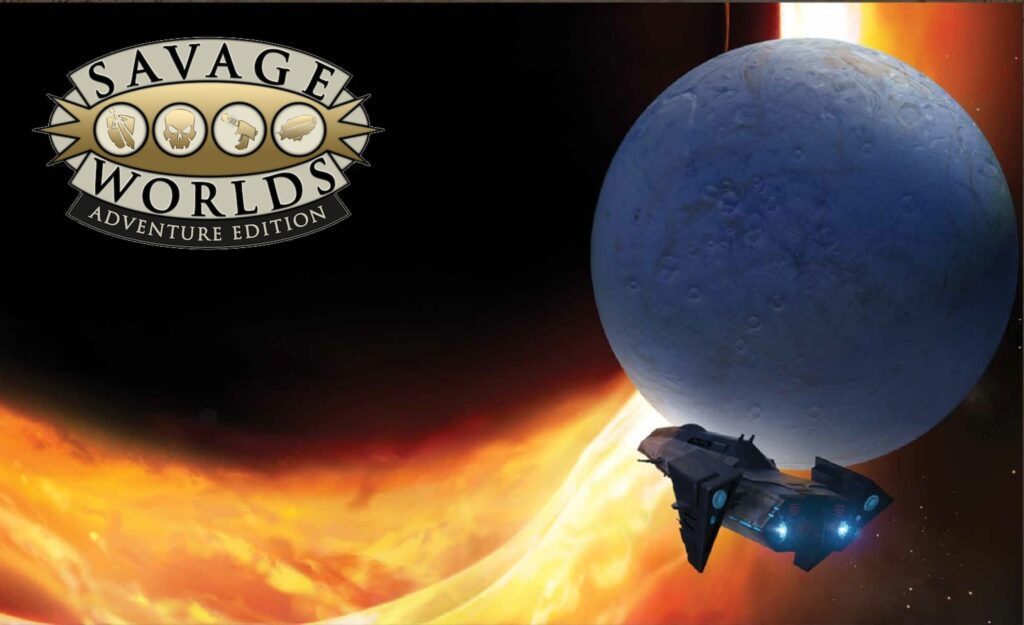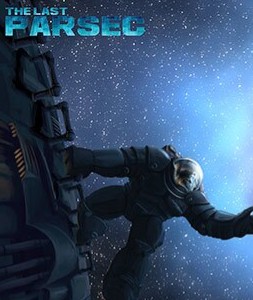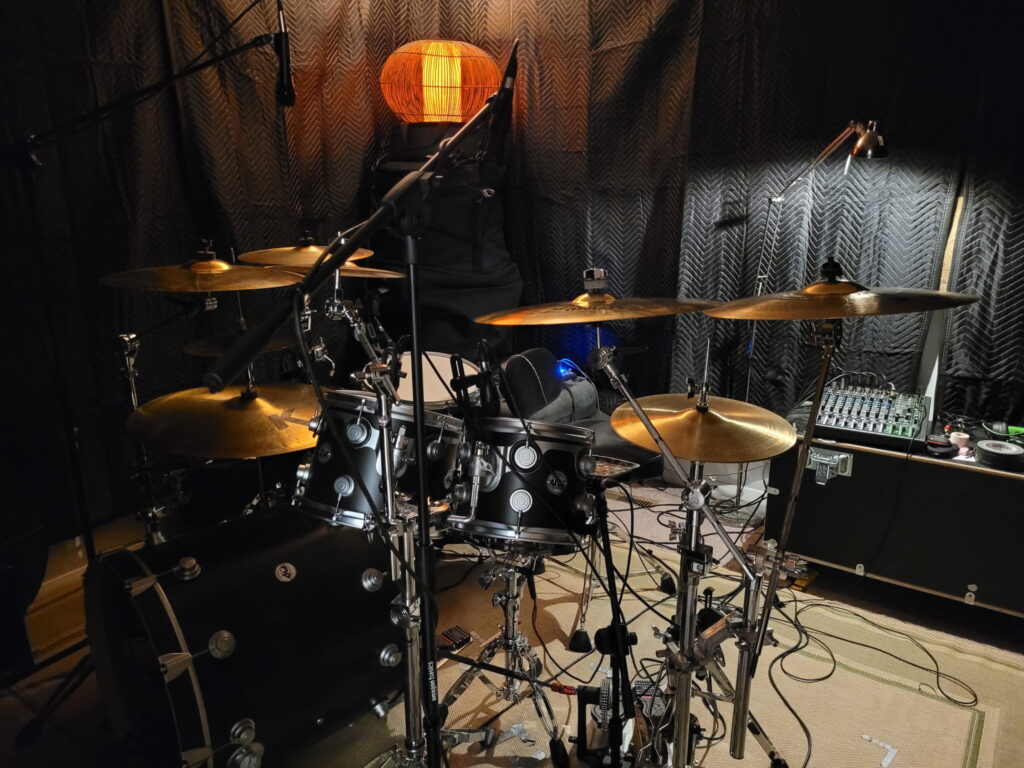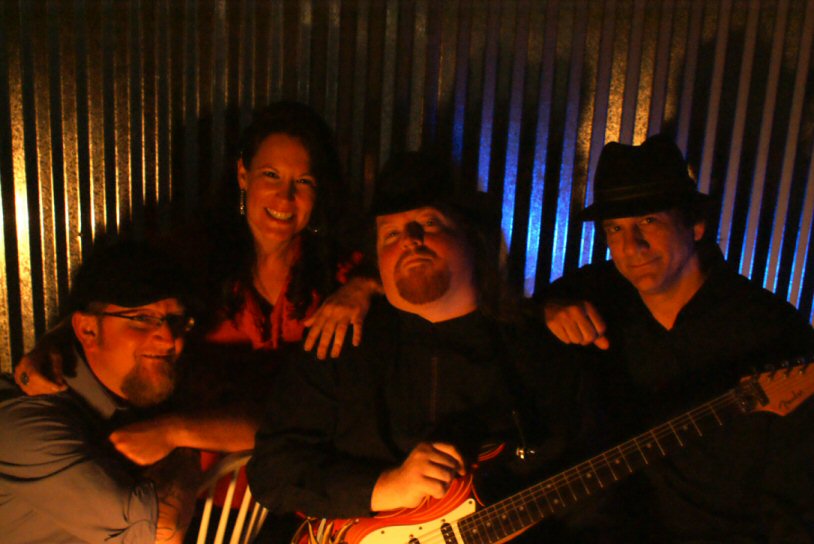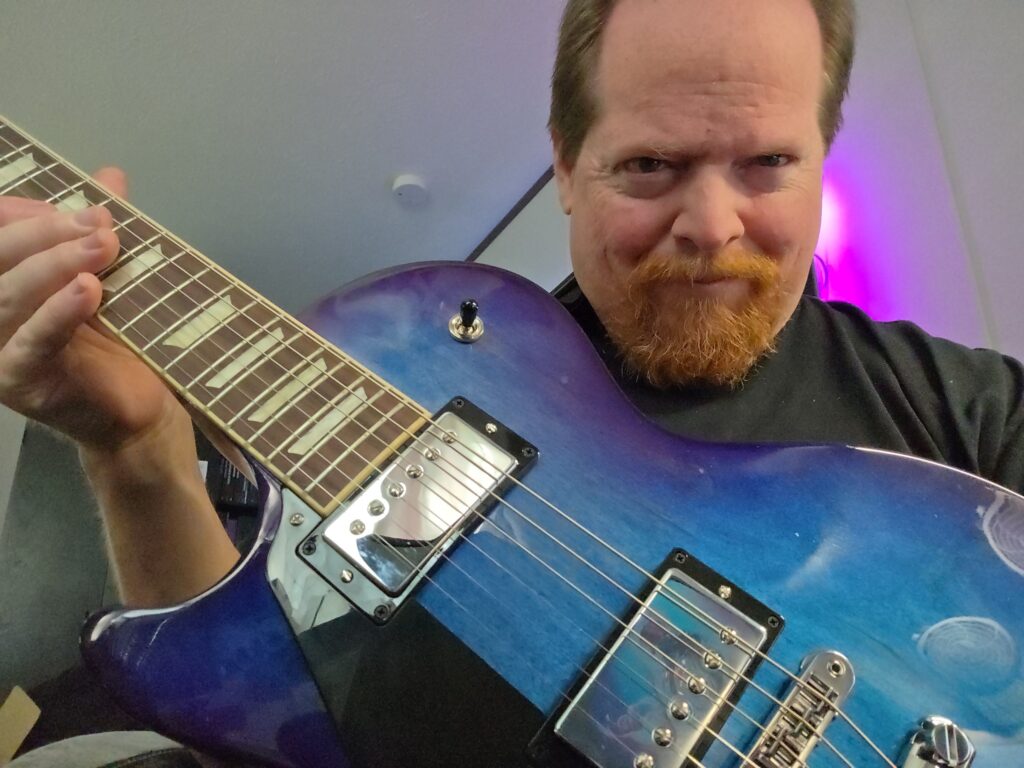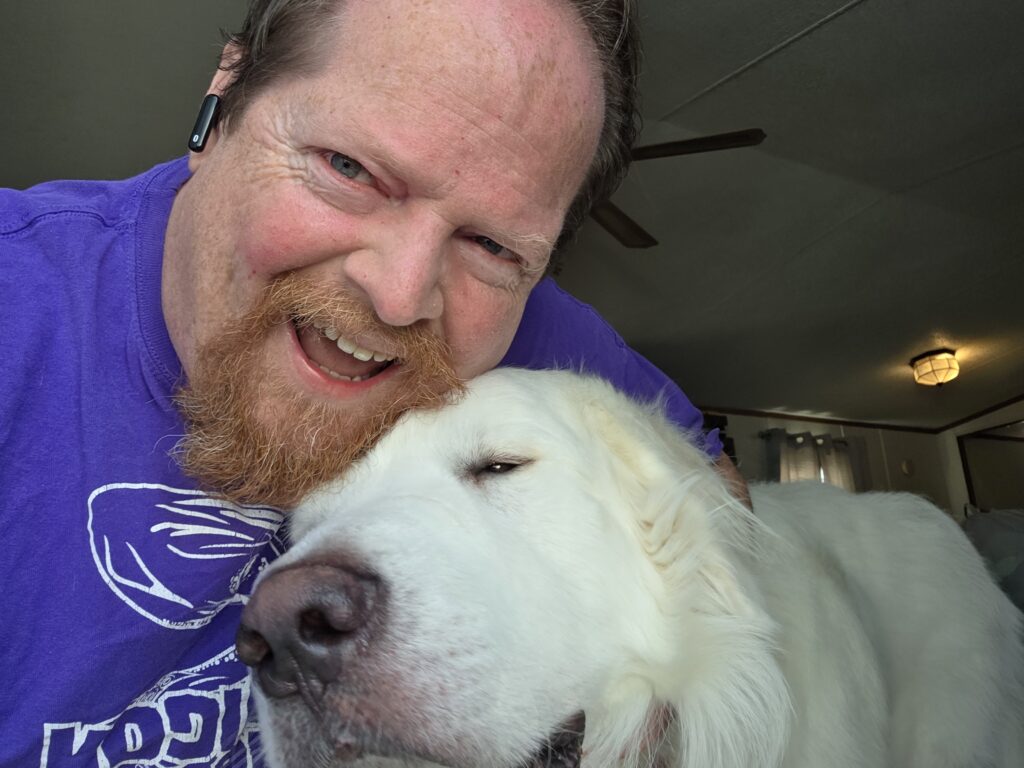I’ve recently realized that much of my adult like has meandered just below the level at which I would prefer to operate. While I get that that’s a dubious descriptor with zero context, it takes a bit of mental gymnastics to examine the shape from enough sides to give it definition. Less an examination of my life from a new filter and more an exploration of patterns that have emerged in my career, my personal pursuits, and my relationships with friends and family.
One of the eternal curses of creatives in modern America is the understanding that success is a moving target with little regard for individual contribution. For many, the process of searching for success is as much a process of failing upward as reaching for something profound or inspirational. For particularly enterprising creators, there is a scientific approach to success, a way of barraging the system with a flood of content knowing that statistics are ultimately in your favor. But now the system is the moving target…
Let me regress a tad.
When I was just out of high school, I had an overwhelming passion for writing music. I picked up the guitar when I was 16 and started penning original songs, heavily inspired by such a dizzying array of genres and styles that I struggled to describe my ambitions in any coherent way. I found collaborators, expanded and refined my craft over the next several years, and had nebulous dreams of finding a way to leverage my art into a life of plenty.
Clearly, that didn’t work out. Was this a fail point? By conventional definitions, I don’t think so. But I also have become acquainted with persons over the course of my life who took their ambitions and cranked them up by applying a little bit of the scientific process… more specifically, it’s rare to become a rock star in a Kansas town with no meaningful connections. So could I have tried harder? Was there a significant deterrent beyond my own anxiety that kept me from pulling up stakes and finding a community that supported my craft and gave me better access to those connections?
We know from the movies that it occasionally happens, but also that the odds of success are transitory. Not singular, as one might suspect, if only because our definitions will vary. My framework for success – what it means to have achieved a given goal – is likely very different from the next guy’s. And this relative ambiguity, combined with a certain nature risk aversion, has become the compression that limits my life at a lot of potential fail points, depending on how you view them.
Sure, I have achieved some pretty cool milestones with my creative passions. I have published a novel and I’m working on the follow-up, recorded an original album and have several songs in the can for my next one, produced a long-running podcast with designs on moving from our classic audio format to YouTube… But these achievements also come with a big asterisk. While I have fans and lovely people who support me, all of these efforts are produced start to finish by yours truly. I am my own publisher. Pointedly, no one has ever invested in me beyond the scope of my own purview.
Does that diminish the value of my work? I don’t think I’m particularly narcistic, but I feel like it speaks for itself. You could make the argument that I could have tried harder – made the move to Los Angeles or Nashville when I was younger and tried to find a profitable outlet for my songwriting skills, or spent a few years shopping my book around and collecting rejection letters in hopes of garnering the support of a traditional publishing house – but that moving target I was talking about? Part of that’s the shift in the traditional models where companies scouted and developed talent. That model barely exists and is hardly recognizable today. Publishing houses and record companies still keep an eye out for talent, but now the talent has to come to them larger developed – completed manuscripts or recordings, a strong social media presence with significant influence, and the means to leverage much of that influence independently.
In other words, rather that getting your big break, you have to do the work yourself and decide whether kicking things up to the next level is worth sacrificing control of the product to someone else’s whim.
It’s harsh. And it’s still only tangentially related to my point.
Let’s glance at my career. When I started in radio, I was 21 years old and looking for a fun and fulfilling way to pay the rent and support my guitar habit. I found that I had a great head for production – an organizational mindset, a sense of what works and what doesn’t, and a love for collaboration – and a work ethic that provided me with ready opportunities for advancement. In a few short years I was the Operations Manager for a group of stations out in Dodge City, and about half my job was administrative. I managed the on-air and production staff, scheduled remote broadcasts and events, monitored our transmitters and technical equipment, liaised with the business and sales departments, and maintained our files for federal compliance. I was on call 24/7, and I was generally the last word in dealing with anything that happened on the air at our stations.
It was exactly the job I was best suited for. And it weas impossible to hold on to forever. I had ambition to keep climbing the ladder, but I’d reached the highest rung within my comfort zone. I didn’t want to endanger that, but life had other plans for me.
I moved to Wichita in 2007, hooking one of my closest friends up with the opportunity to sidle into my old position. It launched his career for him, and I am extremely gratified at his success in life and the role that I played. After a few more years in radio, I found my way to the post office and once again started looking for opportunities for advancement. I was an acting supervisor at the call center in Wichita. I saw real potential for moving up. But then… once again, life intervened. I got sick. Missed six months of work while doctors tried to figure it out. By the time I’d gone under the knife and had the problem addressed, I had used every bit of my FMLA leave, so the very next time my gout flared up on me (which happened a lot when I worked in very stressful environs) the job went away.
I later leveraged all that management experience into an assistant branch manager position at a credit union in rural Colorado. The experience was invigorating; I rarely even saw my boss, so I had all the responsibilities of managing the branch. We had to move after about a year, and I’ve interviewed for similar jobs in the time since, but no opportunities have emerged. I’m getting old, and I suspect that younger, more attractive talent is picking up a lot of those jobs.
In much of my life, I have been almost a thing. As a self-published writer, I could have done so much more to promote myself, setting up booths at events, finding book stores and communities that like to promote independent writers, and figuring out how to really engage with my audience via social media. The same with my music… I recorded a fantastic album in 2011, then found myself in a job schedule that prevented me from playing out to support it locally, much less booking shows and hitting the road. In my career, I was almost a supervisor at the post office, almost a manager at the credit union.
This is the pattern that has captured my imagination of late. Maybe I should write a song about it.
For those following along at home, I’m at 73,000 words (out of 110,000) in Veil of Shadows. It’s creeping along.
